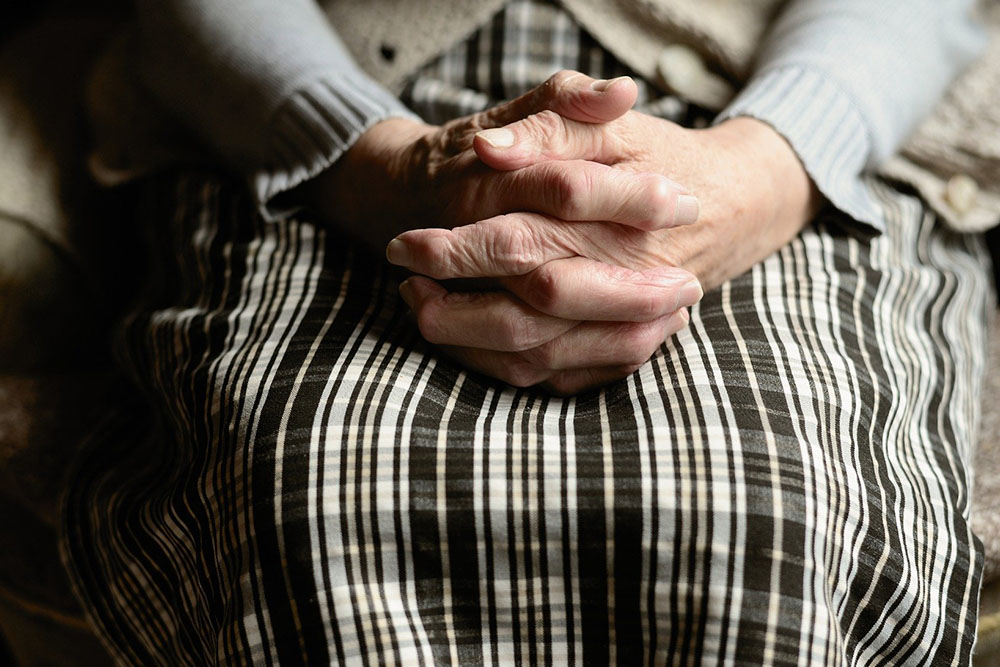Evaluating the Modern Housecall

 Dementia changes everything.
Dementia changes everything.
In many cases, however, it doesn’t change the geography of the patient and family experiencing it until an adverse event—an accident, and injury, or worse—means it’s too late, and institutionalization in a nursing home becomes inevitable.
25%
percentage of Virginia's elderly, homebound population that lives in a rural area
Virginia at Home—a pilot program developed by Justin Mutter, a UVA School of Medicine assistant professor and section head of geriatrics, means to change that paradigm. Initiated in early 2020 and made possible by a $1 million gift, Mutter and his colleagues assembled interprofessional healthcare teams to provide care and counsel in older adults’ homes, groups that will serve as the connective tissue with home health agencies, family members, and caregivers. Virginia at Home clinicians make house calls, coordinate telehealth visits, and offer caregiver support and counsel with a single focus in mind: to improve older Virginians’ quality of life and reduce their burden.
In its pilot phase this year, Virginia at Home will enroll up to 75 older adults across central Virginia, the majority of whom have dementia and rely on a constellation of support from both paid and unpaid caregivers. How the program will look and feel moving forward, however, will be based on these patients’ and families’ input, thanks to a thorough evaluation led by assistant professor of nursing Meghan Mattos (COL ’06, MSN ’09).
Nearly a quarter of Virginia’s older homebound adults reside in the state’s rural areas, and with the passage of time, their needs often grow more complex, which often means they get caught in a web of fragmented care, exhausting transitions, and frequent, expensive hospitalizations. Mattos, an expert in cognitive impairment and Alzheimer’s disease, will examine the program’s efficacy through a mixed-methods approach, analyzing patient data and conducting one-on-one interviews and focus groups with patients, their caregivers, and other program stakeholders.
Her results—the first such study focused on rural-dwellers—will inform Virginia at Home’s future path, identify ways to strengthen its core offerings, and chart its longer-term sustainability and relevance. The analysis will also offer evidence-based assessment of such programs to inform other state and national programs serving older, homebound adults with dementia.
Mattos, who earned a $45,000 grant from the Alzheimer’s and Related Diseases Research Award Fund for the work, expects her analysis to be complete by late 2021.
